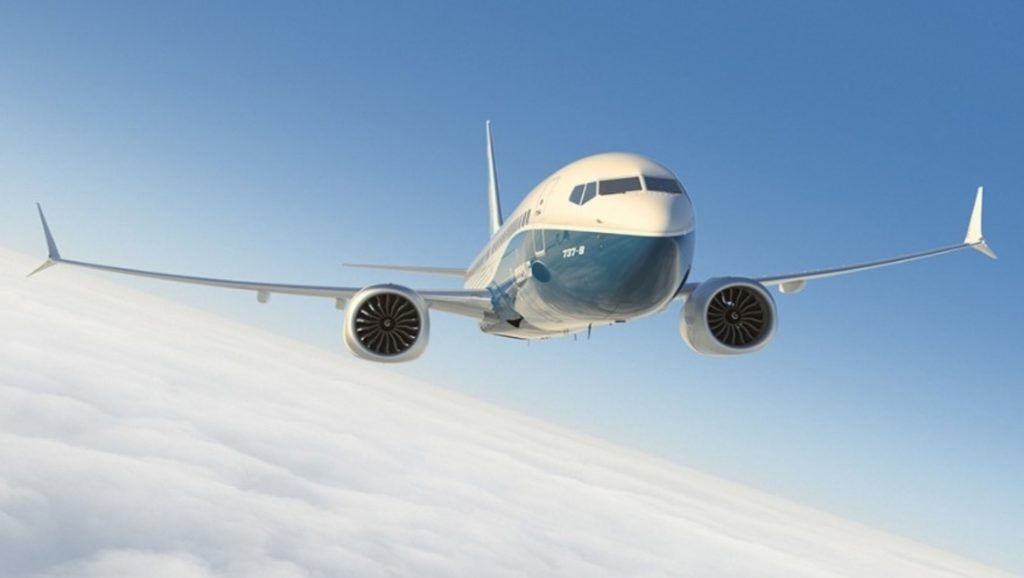
Safety oversights and concerns have been raised in a newly revealed whistleblower report in regard to the Federal Aviation Administration’s certification process of Boeing aircraft.
The report criticises that there is significant pressure to approve designs that may not apply with FAA standards, in the wake of the 737 MAX crashes that killed 346 passengers in 2018-19.
The 20-month groundings from 2019 following the fatal crashes have continued to raise scrutiny on Boeing and the FAA’s safety measures, even after recertification.
The committee on commerce, science, and transportation report called on Steve Dickson, the administrator of the FAA to review what was said by the seven key industry leader whistleblowers.
According to the whistleblowers, unit members on behalf of the Organization Designation Authorization (ODA), they were pressured to accommodate accelerated schedule demand at the expense of a thorough review of any design.
The ODA unit enables the FAA to grant “designee authority” to organisations and companies.
It created “a risk that products will be produced that fall short of FAA safety standards”, according to the report.
Some whistleblowers said that when designs were submitted for approval by the FAA, engineers who found them to be non-compliant could be overruled by managers.
According to Dr Martin Bickeböller, who has been a Boeing employee since 1987, there were numerous supply chain issues with the 787 Dreamliner production.
Between 2008 to 2011, he served as the technical fellow for configuration management compliance for the 787 suppliers.
He filed a complaint in 2009 expressing concerns about wing component defects and fuselage problems and was then removed from the 787 program.
“[The] 787 [project] had a culture of ‘making it happen’,” he said in the interview for the committee report.
“It became clear, that in many instances, Boeing management was more interested in a quick resolution without root cause corrective actions.”
The report also highlighted staffing issues and said the Boeing Aviation Safety Oversight Office has been “chronically understaffed,” impeding on its ability to perform efficient oversights.
“Together, these allegations illustrate the importance of a course correction that puts safety first and listens to the voices of line engineers,” US Senator Maria Cantwell, chair of the committee said.
“In recognition of the whistleblowers’ important information sharing, I request that you review each allegation thoroughly, and where warranted, open an investigation to determine whether conduct is contrary to FAA policies and procedures.”
The committee recommended that the FAA strengthen its oversight of the ODA program, address undue pressures and improve safety culture for frontline staff.
The committee expects to hold an additional hearing next year in anticipation for the FAA’s reauthorisation in 2023, Senator Cantwell added.
The FAA said it “takes all whistleblower allegations seriously and does not tolerate retaliation against those who raise safety concerns”.
It comes only months after Boeing was investigated by the FAA to determine whether the company’s culture led to the concealment of safety problems in fear of repercussions from executives in August.
Out of the employees interviewed, 35 per cent of them voiced concerns indicating the “environment does not support” the authority of the ODA unit.
In response to the committee paper, Boeing said it was reviewing the report, and staff are “encouraged to speak up whenever they have safety or quality concerns”.




